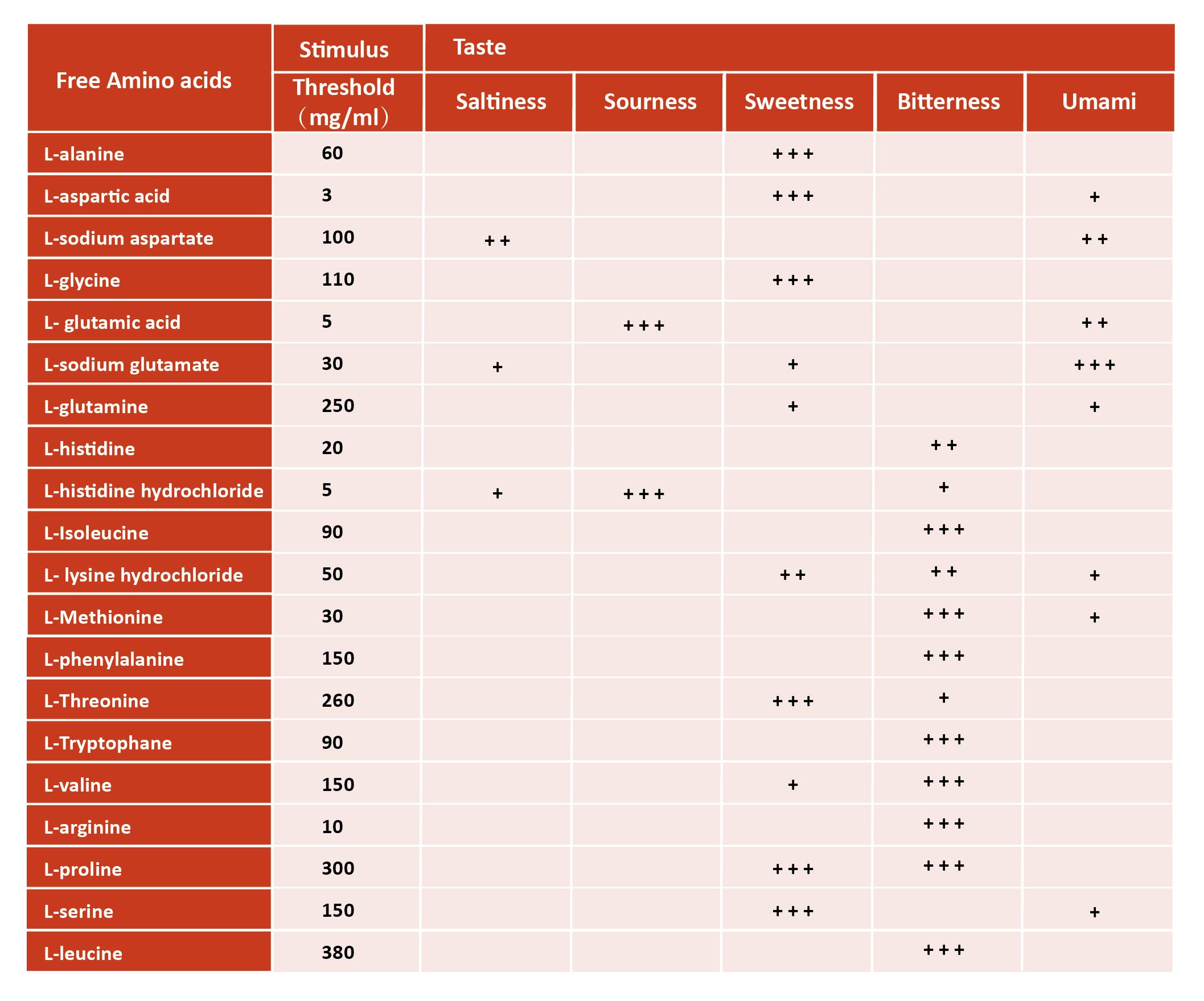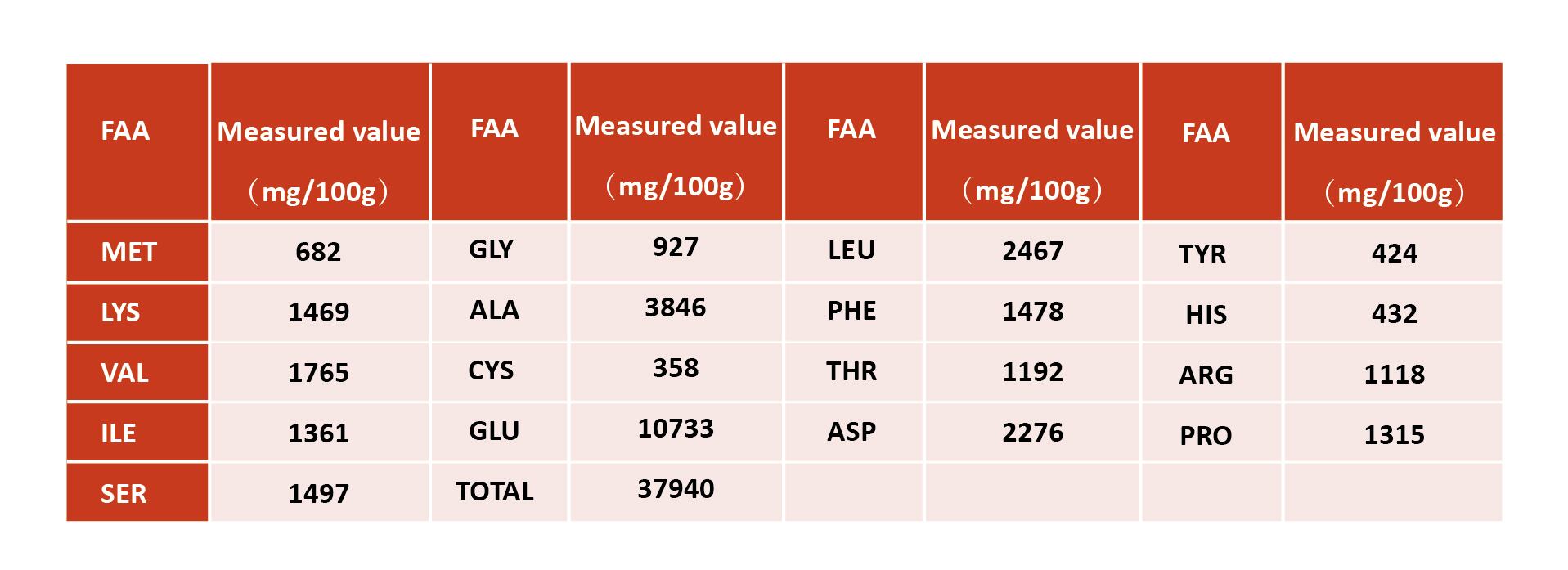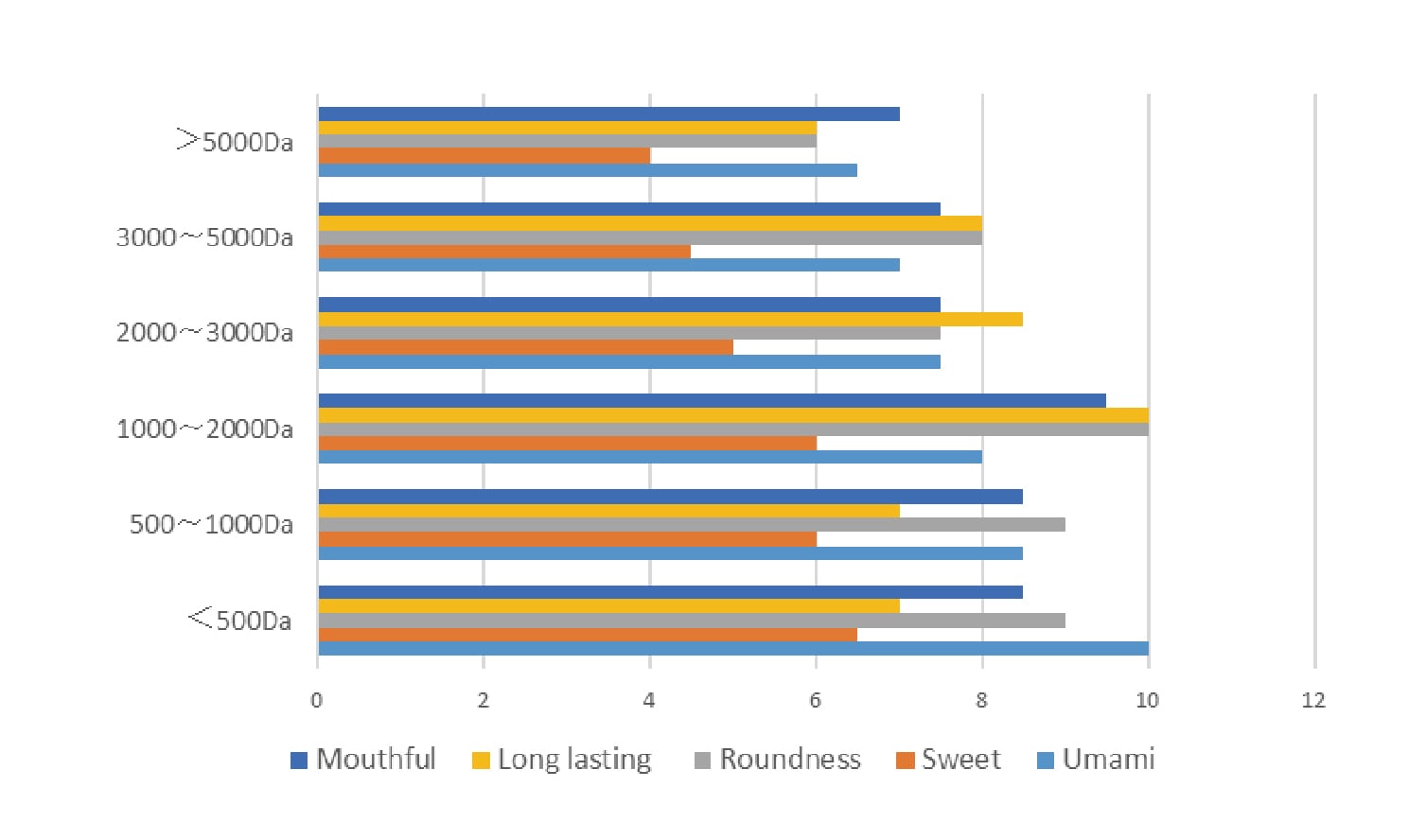Changes in consumer trends bring new opportunities
After the crisis of the global epidemic, being healthy is of an unprecedented level of importance for everyone. Among the importance, meals are related to everyone's daily life. This global health crisis has also changed our preferences for food consumption in a new and unexpected way.
Driven by the global health crisis and sustainability trends, consumers are looking for products that contain natural, nutritious, healthy, and low-environmental-impact properties, and this consumer trend brings new opportunities to the global food industry, such as plant-based meat, high protein food, probiotic food, natural food, fitness food, etc. Looking for natural flavor substitutes is also one of the important trends in the development of the food industry, such as using stevia instead of other sweeteners, applying elderberries to bring out a rich blue tone, reducing the use of synthetic meat flavors, etc. More and more consumers are looking for natural ingredients.
Importance of umami
Umami is one of the important basic tastes of human flavor perception. The most typical umami substances include glutamic acid and I+G, which have been widely used in the flavor enhancement of processed foods. Among them, sodium glutamate was first isolated from kelp in 1907 by Professor Ikeda Kikuyo in Japan, and subsequently, it has been industrially produced by modern factories using biosynthesis and other processes. However, unlike other basic taste sensations, monosodium glutamate can only represent umami in a narrow sense, which cannot satisfy our complete experience of delicious feeling. For umami, the protein contained in animals and plants including microorganisms is one of the very important contributions. For example, in broth, the reason for the delicious taste is that the protein of meat is degraded by cooking to become rich free amino acids, flavor peptides and other components. The production process of soy sauce is that soybean protein is processed into amino acids with umami factors through enzymes produced by microbial fermentation.
Angeoboost - natural source of umami
Angeoboost is Angel Yeast's yeast-based product series with the highest umami taste. Angel Yeast uses edible yeast as the main raw material. The protein in the yeast is enzymatically hydrolyzed to produce rich natural umami substances such as free amino acids and polypeptides. Angeoboost is a kind of natural ingredient which can be used in substitute projects against monosodium glutamate and I+G. It could also improve the umami and thick taste of the seasoning. It is the best companion for formulators and can be widely used in soups, snacks, instant noodles, meat products, plant-based meats, sauces, etc.
Radar map: Angeoboost in chicken broth

Amino acid distribution in Angeoboost
Free umami amino acids play a very important role in the umami taste. The amino acids with umami factors are mainly glutamic acid, aspartic acid, alanine, glycine, phenylalanine and tyrosine and their sodium. Among them, glutamic acid and aspartic acid have the most obvious umami characteristics, in which Angeoboost series is very rich. For example: Angeoboost KU012 contains more than 25% umami amino acids, of which natural glutamic acid is as high as 10%.
Taste Profile of Different Free Amino Acids

Composition of free amino acids in Yeast Extract

Composition of free amino acids in Angeoboost KU012

Angeoboost - rich in nucleotides
In addition to the rich content of free amino acids, Angeoboost series further treat the yeast RNA into high content of natural nucleoside, which can be as high as 20% or above. The nucleotide in Angeoboost and different amino acids cooperate with each other to make the umami taste of Angeoboost products more prominent, and the mouthful and aftertaste are more round, complicated and lingering. For example, Angeoboost KU248 is a kind of product containing above 22% natural nucleotide, which has better umami impact, more roundness taste, longer lasting taste, lighter color impact and more suitable applications.
The process of converting RNA into taste nucleotides in yeast

Flavor peptides are also one of the important components of Angeoboost's umami source. Angel has accumulated a lot of research on yeast peptides, and found that the <2000Da component peptides in yeast extract can enhance the flavor of soup, and isolated and identified 10 umami peptides and 14 thick-flavored peptides. The molecular weight distribution of peptides is controlled in the production process, and the research results of umami peptides are applied to the products of Angeoboost, which improves the umami characteristics of Angeoboost.
Analysis of flavor characteristics of different molecular weight peptides of Angeoboost

Features of Angeoboost
● improve the overall taste profile of food for a profound and long-lasting sensation of umami taste
● reduce the consumption of MSG and I+G for a clean labeling positioning
● reduce the amount of salt content in food by more than 20% without compromising the taste
About Angel Yeast
Founded in 1986, Angel Yeast Co., Ltd specializes in the production of yeast and yeast derivatives. Its product range includes baker's yeast and ingredients, Chinese dim sum and seasoning, savory yeast extract, human health, animal nutrition, plant nutrition, distilled spirits and biofuels, microbial nutrition and enzymes. At present, Angel Yeast has 11 international advanced production bases in China, Egypt and Russia, and provides products and services for more than 150 countries and regions globally.







